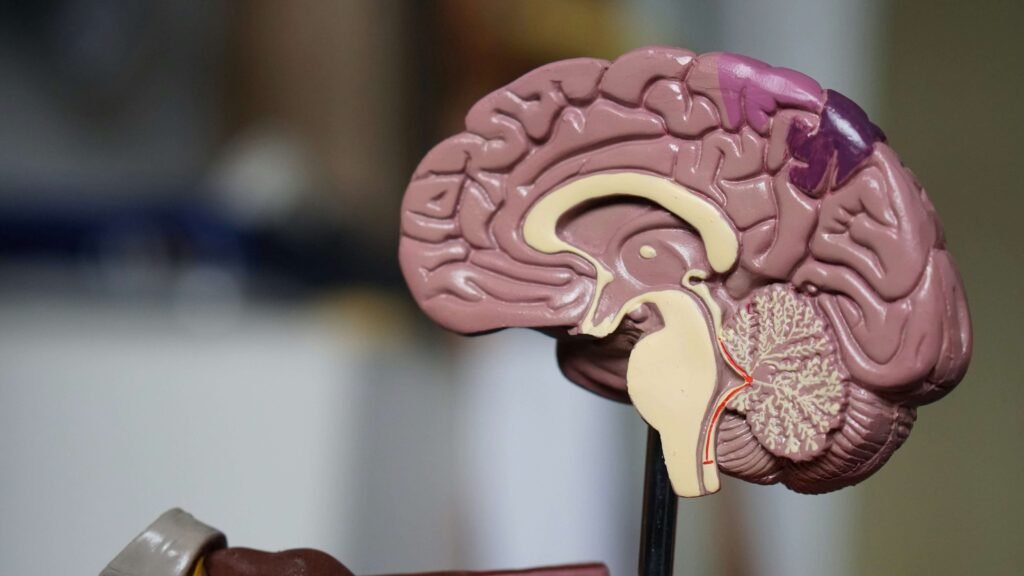A U.S. company has successfully implanted 50 brain chips into individuals suffering from paralysis or depression to improve their quality of life. Blackrock Neurotech, based in Salt Lake City, Utah, developed the innovative technology known as the NeuroPort Array. With the NeuroPort Array, people will be able to control electric wheelchairs and robotic limbs with their minds alone.. While this technology may appear futuristic, researchers are making great progress in putting these gadgets to practical use for individuals in need.
A pioneer in this field, Nathan Copeland, got his implant in 2004 following terrible spinal damage he sustained in an accident. The business calls what happened to him “sensory feedback through intracortical microstimulation.” “Doing something like this is very cool and rewarding,” Copeland said, expressing his delight at exerting some influence over his surroundings.
Blackrock Neurotech co-founder Marcus Gerhardt emphasized that their business is unique in having direct-brain brain-computer interface (BCI) implants in people to highlight the significance of this achievement. Using implanted arrays, users can restore feelings, play video games, manipulate robotic limbs, and connect directly to computers.
The NeuroPort Array uses a network of 100 microneedles to read brain electrical signals and transform them into physical commands. Due to machine learning technology, the device can understand these signals and do complex tasks like drawing or using a computer. However, Blackrock Neurotech must obtain FDA authorization to move the implant from research to clinical trials.
Gerhardt says NeuroPort Array brain chips enable paralyzed individuals to move, be independent, and be happier. When home BCIs are commercially available, he believes they will provide people more freedom, allow them to work, and allow them to engage in society. Blackrock Neurotech implants might become as common as pacemakers, changing countless lives.












